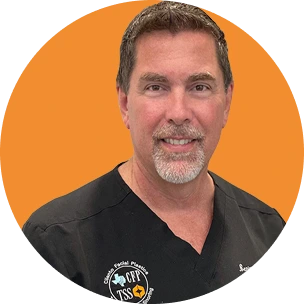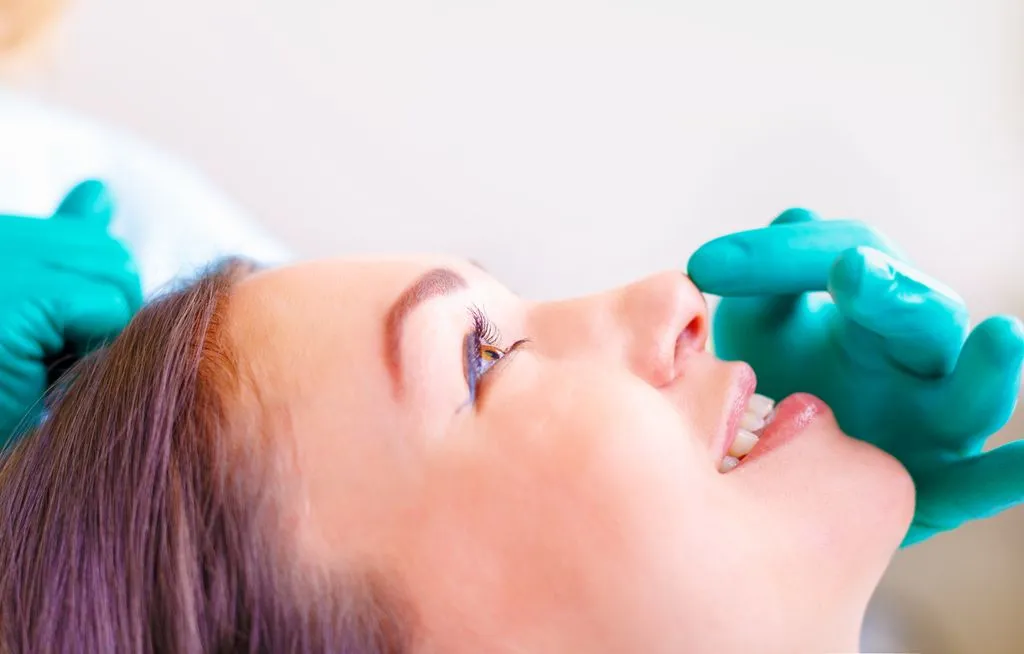What Is Nasal Valve Surgery?
There are many cases where the nasal valve surgery may be a suitable option. People with a deviated septum can benefit from a collapsed nasal valve surgery by widening the nasal passage. It can also strengthen the nasal valve, further enhancing its functioning. Sometimes, the surgery may be a solution to managing sleep apnea. Your doctor will examine the severity of your condition before suggesting the most appropriate treatment option.
The Difference Between External and Internal Nasal Valve Dysfunction
Preparing for Surgery
- Let your surgeon know about any medications you're taking or pre-existing illnesses. They may suggest you discontinue or substitute some medicines for a while.
- Decrease the intake of caffeine, alcohol, and tobacco.
- Get plenty of rest to relax your body before undergoing surgery.
- Manage your diet and ensure you consume nutrient-rich foods and drink sufficient water.
- Avoid using makeup and face creams for a short period before the surgery, as they increase the chance of infections.
During Surgery
Anesthesia
Incision
Reshaping the Nasal Valve
Grafting
Closure
Monitoring
After Surgery
A well-defined aftercare routine can make or break the success of your surgery. By following the given recovery steps, you can see the maximum results of your procedure and ensure a comprehensive recovery for yourself.
Pain and Discomfort
- Prescribed medication
- Cold compresses
- Keeping your head raised/elevated
- Increasing the intake of fluids
Ice Packs
Nasal Sprays and Irrigation
Activity Restrictions
- Cardio
- Running
- Lifting weights
- Swimming or any water sports
- Going to work
- Operating heavy machinery
Follow-Up Appointments
Benefits of Nasal Valve Surgery
Improves Nasal Airflow
Fixes Nasal Valve Stenosis
Improves Sleep Quality
Reduces Mouth Breathing
Decreases Sinus Infections
Improves a Sense of Smell
Texas Sinus & Snoring – Your Nasal Health Specialists
Simplify your search for a top-quality nasal surgeon by contacting Texas Sinus & Snoring Our skilled and experienced doctors cater to unique surgical needs by offering personalized care for your condition. We strive to provide excellent medical care for all our patients and restore their health to help them lead happy lives. Contact us today to begin your wellness journey.
FAQs
Does the surgery fix nasal airway obstruction and nasal valve collapse?
What is a lateral crural strut graft?
Can nasal valve surgery improve nasal appearance?
What medications should be avoided or adjusted before nasal surgery?
- Aspirin
- Ibuprofen
- Anti-inflammatory drugs
- Herbal supplements
- Diabetic medication
- Tricyclic antidepressants
What activity limitations are important to observe during the recovery period?
- Going to work
- Cardio
- Lifting weights
- Swimming or any water activity
- Any strenuous activity that makes you sweat or increases your heart rate
What are some tips for managing pain after nasal valve surgery?
- Follow all post-op care tips given by your surgeon
- Be regular at follow-up appointments
- Maintain nasal hygiene with the help of a saline spray
- Ensure adequate nutrition and hydration
- Take the necessary prescribed medication
- Get sufficient rest
What is nasal endoscopy, and is it used in nasal valve surgery?





